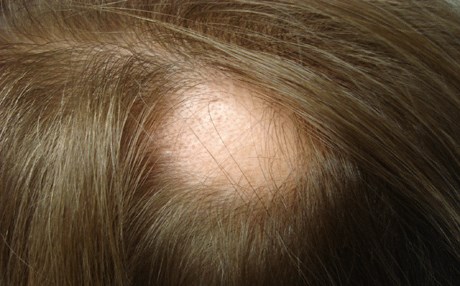
سبب فقدان حاسة الشم بعد الاصابة بكورونا
سبب فقدان حاسة الشم بعد الاصابة بكورونا
تشير الدراسة الجديدة التي نُشرت في مجلة “Science Translational Medicine”،
إلى أن عدوى SARS-CoV-2 تهاجم باستمرار الجهاز المناعي على الخلايا العصبية في الأنف.
ما يتسبب بانخفاض في عدد تلك الخلايا العصبية، ويجعل الناس غير قادرين على الشم كما يفعلون عادة.
وردا على سؤال حير الخبراء، يقول عالم الأعصاب برادلي غولدشتاين، من جامعة ديوك في نورث كارولينا:
“لحسن الحظ أن العديد من الأشخاص الذين تكون لديهم حاسة شم متغيرة خلال المرحلة الحادة من العدوى الفيروسية سيستعيدونها خلال أسبوع أو أسبوعين قادمين، لكن البعض لا يسعه ذلك.
ونحن بحاجة إلى فهم أفضل لماذا ستستمر هذه المجموعة الفرعية من الأشخاص في فقدان الإحساس بالرائحة بشكل مستمر لشهور بل سنوات بعد الإصابة بفيروس SARS-CoV-2″.
السبب
ولهذا السبب، درس فريق طبي عينات من أنسجة الأنف أخذت من 24 شخصا، من بينهم تسعة يعانون من فقدان حاسة الشم لفترة طويلة بعد الإصابة بـ “كوفيد-19”.
وهذا النسيج يحمل الخلايا العصبية المسؤولة عن اكتشاف الروائح.
وبعد تحليل مفصل، لاحظ الباحثون الانتشار الواسع للخلايا التائية، وهي نوع من خلايا الدم البيضاء التي تساعد الجسم على محاربة العدوى.
وكانت هذه الخلايا التائية تقود استجابة التهابية داخل الأنف.
وتبين للفريق الطبي أن الخلايا التائية تضر أكثر مما تنفع، فهي تضر النسيج الظهاري الشمي، كما تبين لهم أن عملية الالتهاب لا تزال واضحة حتى في الأنسجة حيث لم يتم اكتشاف SARS-CoV-2.
ويقول غولدشتاين: “النتائج مذهلة. إنها تشبه تقريبا نوعا من عملية تشبه المناعة الذاتية في الأنف”.
استعادة الشم
وبينما كان عدد الخلايا العصبية الحسية الشمية أقل في المشاركين في الدراسة الذين فقدوا حاسة الشم
أفاد الباحثون أن بعض الخلايا العصبية تبدو قادرة على إصلاح نفسها حتى بعد قصف الخلايا التائية – وهي علامة مشجعة.
وسعى الفريق البحث بمزيد من التفصيل عن مناطق الأنسجة المعينة التي تضررت، وأنواع الخلايا المتورطة،
والذي قد يقود لتطوير علاجات ممكنة لأولئك الذين يعانون من فقدان حاسة الشم على المدى الطويل.
ويقول غولدشتاين: “نأمل أن يساعد تعديل الاستجابة المناعية غير الطبيعية أو عمليات الإصلاح داخل أنف هؤلاء المرضى على استعادة حاسة الشم جزئيا على الأقل”.
تحليلات الخدع البصرية ما تراه في هذه الصورة يكشف لغتك في الحب






